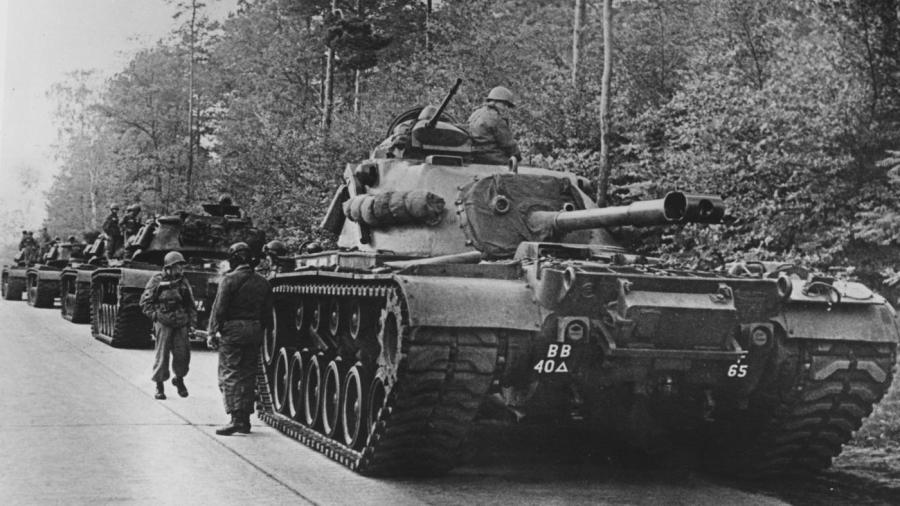What Was the Significance of the Cold War?

The significance of the Cold War is that it changed the course of the world in a number of ways and by its end, ushered in a new world order. With the two world superpowers, the United States and the Union of Soviet Socialist Republics, as the primary players in the Cold War, the standoff lasted from shortly after World War II until the end of the 1980s.
The two nations stockpiled nuclear weapons, and each attempted to out-scare the other. This war of words ebbed and flowed, but it had most of the world in fear of nuclear warfare. The other major countries of the world backed one or the other of the superpowers. The United States remained staunch in its position that democracy needed to spread throughout the world, and the Soviets stayed just as determined to head up a communist system that spread around the globe.
By the mid-1980s, the Soviets were in economic decline. The country’s new leader, Mikhail Gorbachev, instituted a series of changes that opened the Soviet Union to the Western world. One of the Cold War’s major symbols, the Berlin Wall, came down. With the end of the Cold War, everything changed politically. No longer did two large nations keep the world under control. Smaller nations began to obtain nuclear weapons or the capability of making them.





